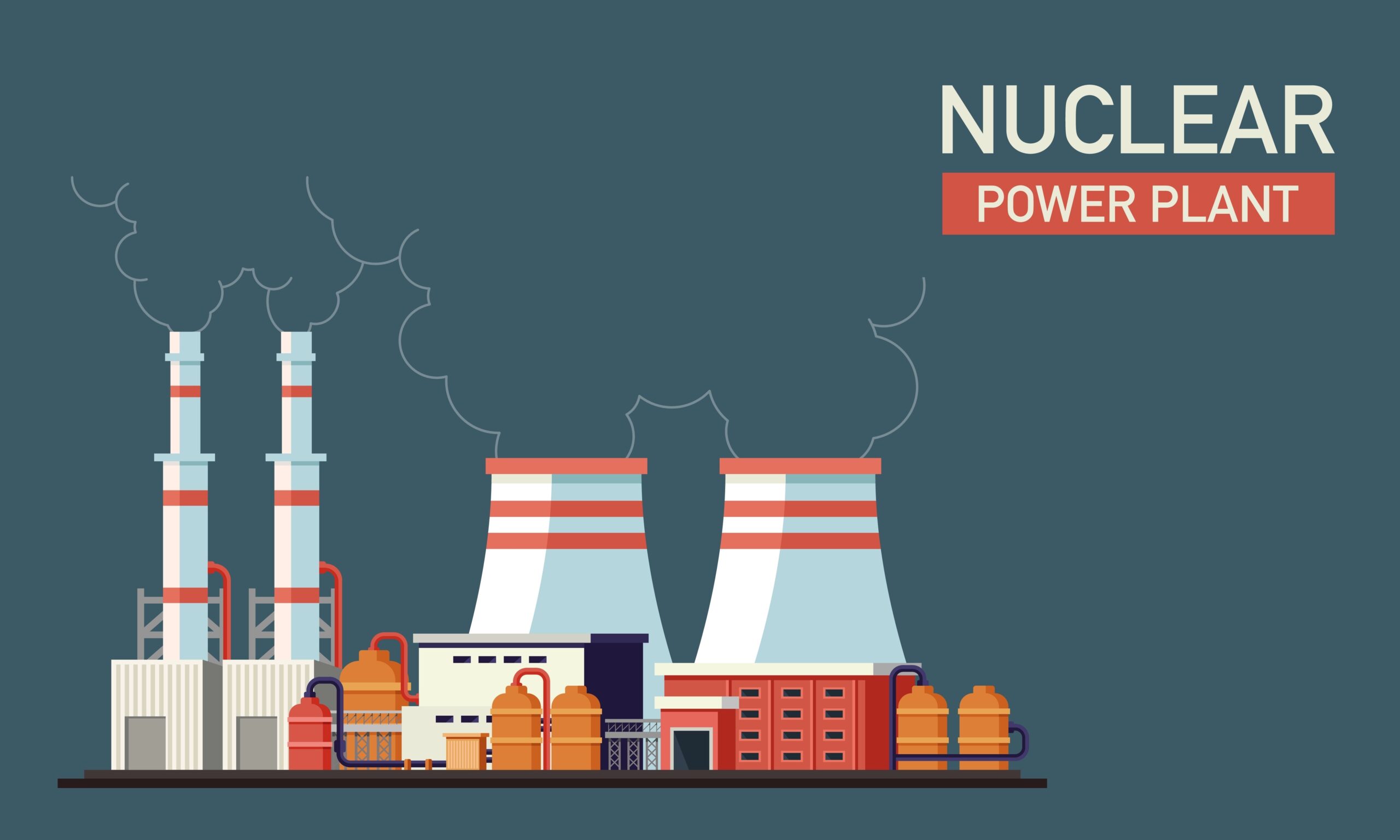THE COMEBACK OF NUCLEAR POWER: A BEACON OF CLEAN AND RELIABLE ENERGY
In recent years, the global energy landscape has witnessed a significant resurgence in the interest and development of nuclear power. This revival is driven by the pressing need for clean and reliable energy sources to combat climate change and meet the world’s growing energy demands. Nuclear power, with its potential for high energy output and low carbon emissions, is increasingly seen as a pivotal player in the transition towards a sustainable energy future.
Clean Energy Champion
Nuclear energy stands out for its remarkably low greenhouse gas emissions, making it one of the cleanest forms of energy generation available. Unlike fossil fuels, which release significant amounts of CO2 and other harmful pollutants into the atmosphere, nuclear power plants operate with minimal environmental impact. The process of nuclear fission—splitting atoms to release energy—produces vast amounts of electricity without burning any fuel, thus avoiding the emission of greenhouse gases.
This characteristic positions nuclear energy as a key technology in efforts to mitigate climate change. As countries worldwide strive to reduce their carbon footprints and adhere to international agreements such as the Paris Climate Accord, nuclear power offers a viable and effective solution for decarbonizing the energy sector.
Reliability Redefined
Beyond its environmental benefits, nuclear power is lauded for its reliability. Nuclear power plants are capable of producing a steady and continuous supply of electricity, operating 24/7 except during maintenance periods. This is a stark contrast to some renewable energy sources like solar and wind, which are subject to variability and depend on weather conditions.
The reliability of nuclear energy is crucial for ensuring the stability of the electric grid, especially as the demand for electricity continues to rise. With the capability to generate large amounts of power from a single plant, nuclear is an indispensable component of a diversified and secure energy portfolio.
Challenges and Innovations
Despite its advantages, the nuclear industry faces challenges, including concerns over radioactive waste, nuclear accidents, and high capital costs. However, ongoing technological advancements and stricter safety protocols are addressing these issues head-on. New reactor designs, such as small modular reactors (SMRs), promise to be safer, more cost-effective, and easier to deploy than traditional reactors. Furthermore, advancements in waste management and recycling are mitigating environmental concerns.
Countries around the globe are recognizing the potential of nuclear power to achieve their energy and environmental goals. Nations like China and Russia are aggressively expanding their nuclear fleets, while others, previously skeptical, are reconsidering nuclear power as part of their energy mix.
Conclusion
The comeback of nuclear power marks a pivotal moment in the global energy transition. Its unmatched reliability and minimal environmental footprint make it a cornerstone for achieving a sustainable and secure energy future. While challenges remain, the ongoing innovations in nuclear technology and increased focus on safety and sustainability are paving the way for nuclear energy to play a critical role in combating climate change and powering the world. As the dialogue around energy shifts towards cleaner, more reliable sources, nuclear power is once again taking center stage, promising a brighter, greener future for generations to come.

